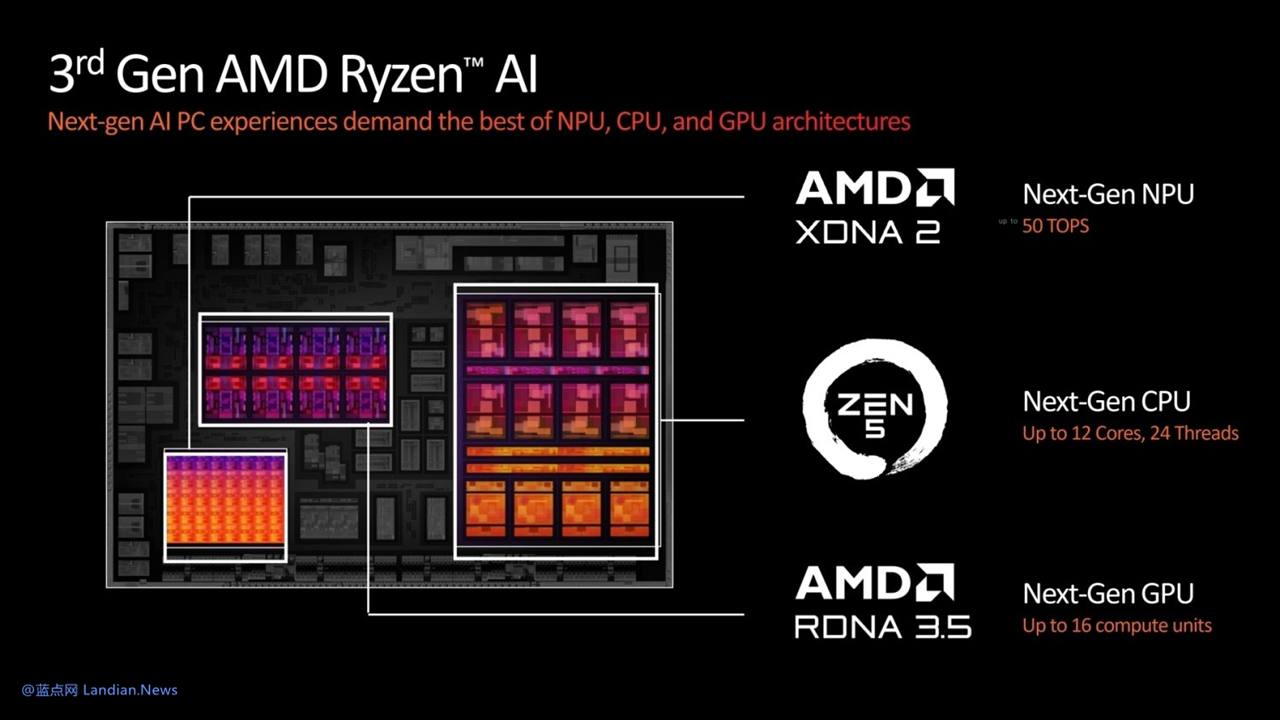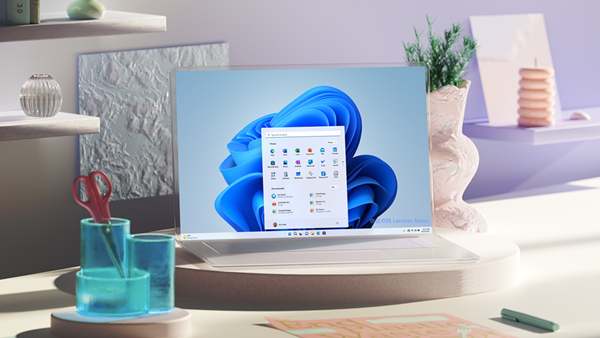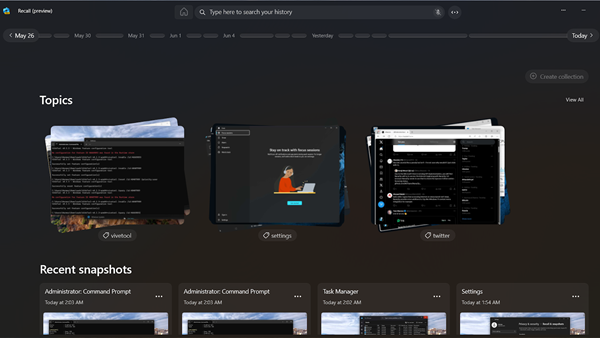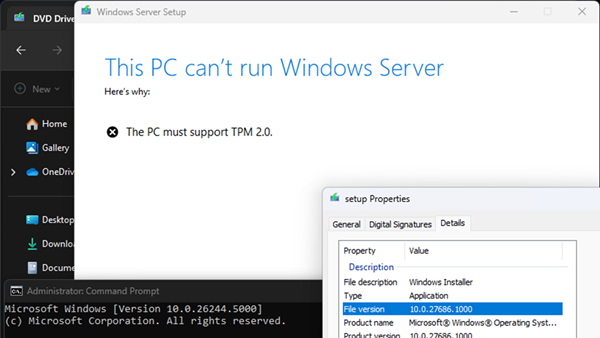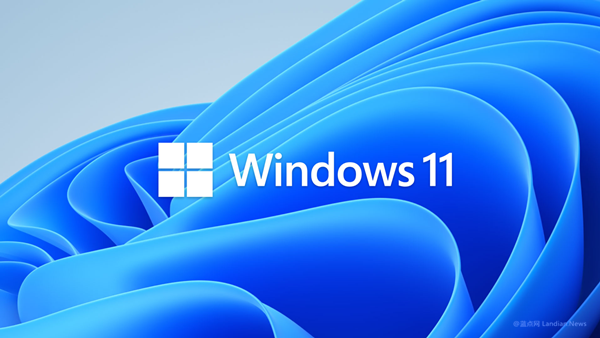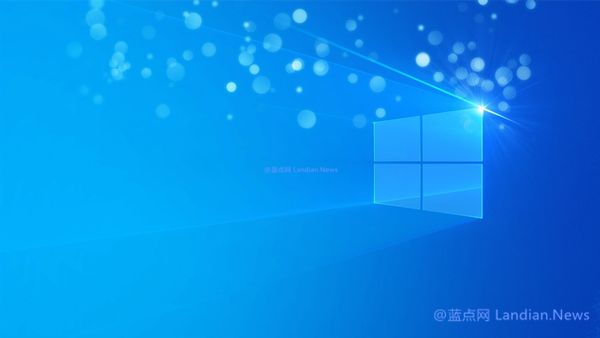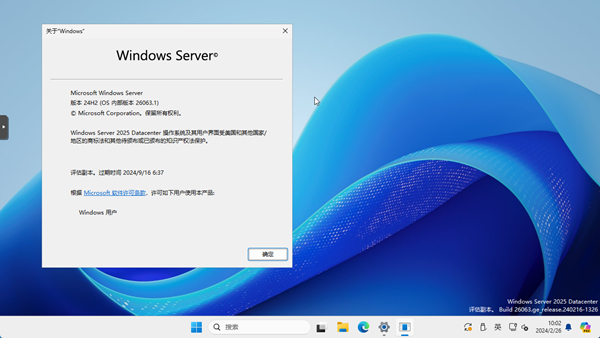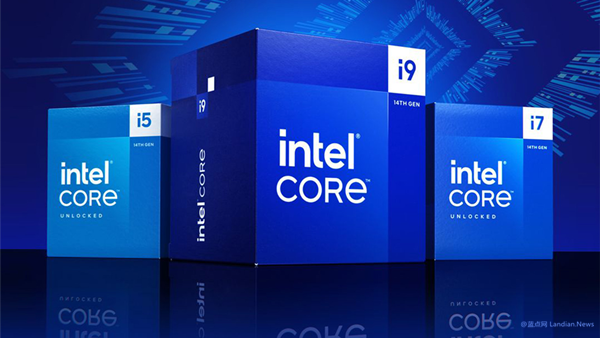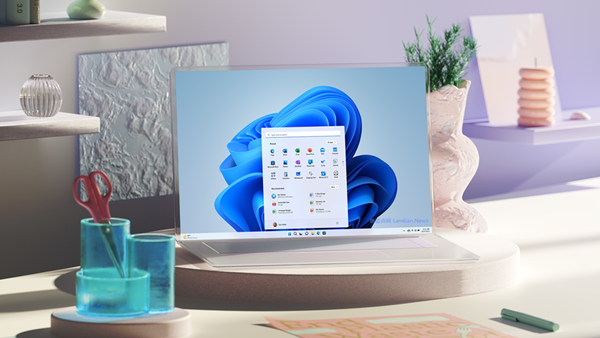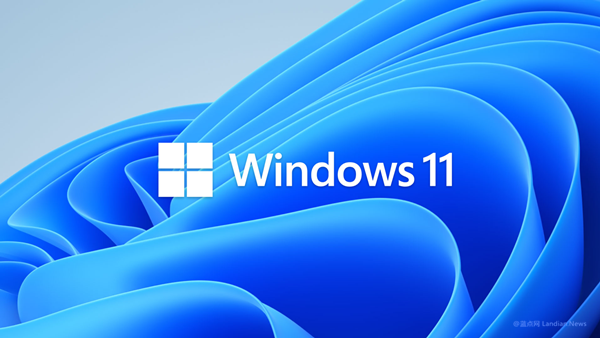AMD's Bold Move: New RYZEN AI Processors Drop Windows 10 Support
There have been rumors swirling that AMD's upcoming processors would no longer support the Windows 10 operating system, suggesting that users would need to upgrade to at least Windows 11 to ensure functionality.
AMD has now officially launched its new RYZEN AI 300 series processors, with the RYZEN AI HX370 and HX365 being the first two chips off the production line, boasting an impressive AI computing performance of up to 50TOPS.
In the support documentation, AMD has confirmed that these processors indeed rely on Windows 11's built-in Thread Director technology for performance optimization, thus excluding support for older operating systems like Windows 10.
The supported operating systems for the HX370 and HX365 are as follows:
- Windows 11 64-bit
- Red Hat Enterprise Linux x86_64
- Ubuntu x86_64
Meanwhile, the AMD RYZEN 9000 series desktop processors will continue to support Windows 10:
- Windows 11 64-bit
- Windows 10 64-bit
- Red Hat Enterprise Linux x86_64
- Ubuntu x86_64
This highlights the importance of Microsoft's Thread Director technology, developed in collaboration with Intel to optimize performance for Intel's hybrid architectures. Now, AMD is also leveraging this technology to enhance performance.
The main advantage of using the Thread Director is that it allows the system to determine which tasks should be run on the Performance (P) cores and which on the Efficiency (E) cores. Routine tasks are typically assigned to the E cores to reduce power consumption and extend battery life.
However, for tasks requiring higher frequencies, the system switches to the P cores, increasing power consumption but also offering higher performance.
Given that Thread Director is a feature supported by Windows 11 and not by Windows 10, AMD's decision to limit support to Windows 11 for its AI processors, though the HX370 also supports desktops, is understandable.
